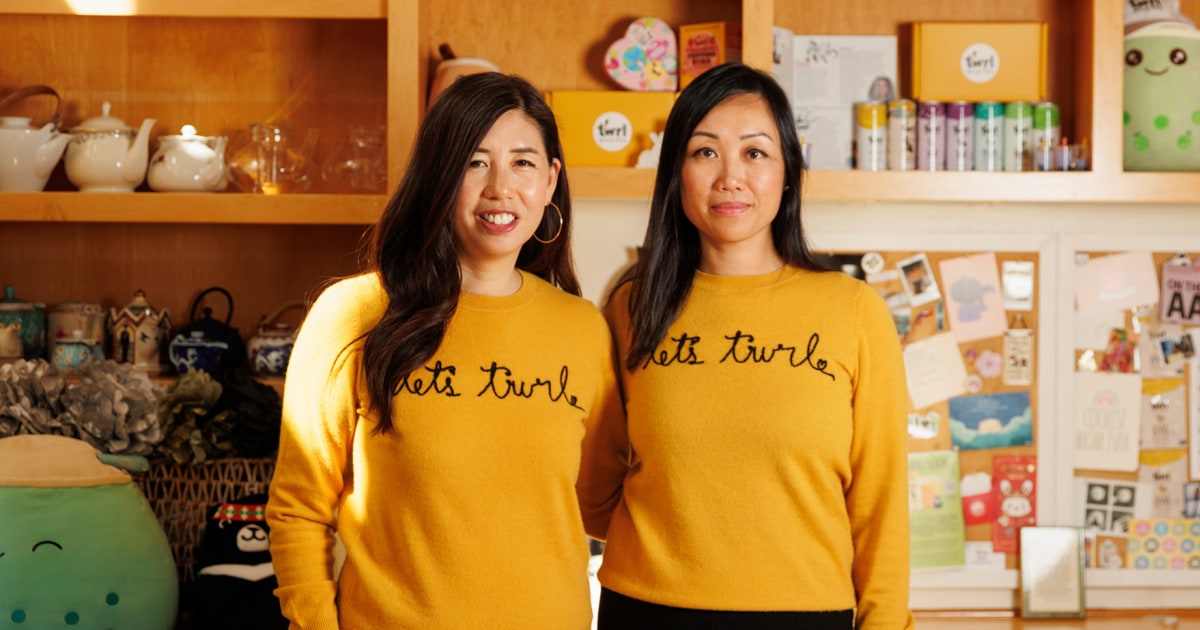Summary:
Twrl, a boba tea startup, has faced multiple rejections from Shark Tank but gained attention from Simu Liu.
The TikTok video supporting Liu's criticism of cultural appropriation led to a pitch opportunity.
The debate on cultural appropriation vs. appreciation is reignited in the boba industry.
Boba's origins are complex, connecting various cultures throughout history.
Authenticity in entrepreneurship is crucial, as emphasized by industry experts.
A Boba Tea Startup's Journey
Olivia Chen and Pauline Ang, the dynamic duo behind Twrl, a boba milk tea brand, have faced rejection three times from the popular ABC show, Shark Tank. However, a surprising twist occurred when they caught the attention of actor Simu Liu.
The TikTok Moment
After Liu criticized a white-owned boba drink company for cultural appropriation on Canada’s “Dragons’ Den,” Chen and Ang decided to share their own story on TikTok. Their video sparked Liu's interest, leading him to invite them to pitch their brand to his team.
The Cultural Debate
The backlash from the “Dragons’ Den” episode has reignited discussions about the fine line between cultural appropriation and appreciation. The founders of Twrl aim to promote understanding and support for businesses rooted in their cultural heritage. Liu himself declined to invest in Bobba, the criticized company, stating, "I would be uplifting a business that is profiting off of something that feels so dear to my cultural heritage."
Boba's Rich History
Boba's origins trace back centuries, with its main ingredient, tapioca, having roots in South America. While Taiwan claims to be the birthplace of the boba drink, its history is complex and intertwined with various cultures.
The Importance of Authenticity
Megan Ruan from Gold House Ventures emphasizes the value of authenticity in entrepreneurship, advising that personal stories resonate more with consumers. This sentiment is echoed by Chen, who wishes for more appreciation and acknowledgment of boba's cultural roots.
Twrl's Growth and Vision
Since its inception during the pandemic, Twrl has partnered with family-run tea farms and collaborated with artists from the Asian diaspora. Their unique flavors, including ube and hojicha, are available in major retailers like Whole Foods and Sprouts. An investment could significantly enhance their distribution and sales.
Moving Forward
Despite the fallout from the “Dragons’ Den” episode, Chen remains optimistic. She urges for a focus on creating positive change and providing opportunities for founders like herself to thrive in the industry.





Comments